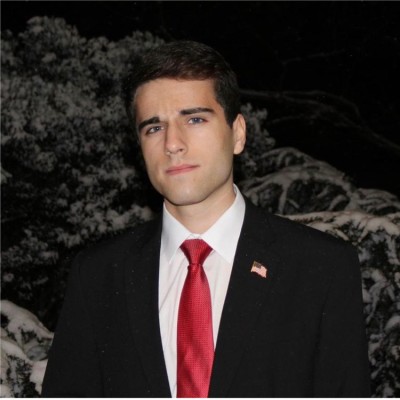In so many ways, New Hampshire’s Education Freedom Account (EFA) Program is a model for the nation. The most popular educational choice program in America, according to EdChoice, it is also the best implemented. Run with minimal bureaucracy through an independent, non-profit organization, every single transaction is reviewed, ensuring maximum safeguards against waste, fraud, and abuse. Still, with its current income limit, the program faces major restraints.
Currently, the program is available to households with incomes at or below 350 percent of the federal poverty line (FPL). At first glance, that may seem fairly expansive. But it really isn’t. If you take a deeper look, it’s a different story, a story where the middle class cannot access the options they deserve.
To help put this into perspective, according to data gathered by ExcelinEd from the New Hampshire Employment, Security, Economic and Labor Market Bureau, the following families with two children would not qualify for a scholarship, nor would they qualify if the program is only expanded to 400 percent of FPL: a family where one parent is a registered nurse and the other an elementary school teacher; a physical therapist and a police officer; and a commercial pilot and a school counselor. Further, according to data from the U.S. Bureau of Labor Statistics, a single-parent family where the parent is a registered nurse or dental hygienist with one child would not qualify at 400 percent of FPL. All of them would qualify, however, if the program is expanded to 500 percent of FPL.
Those are the kind of working families that make up so much of the middle class. And as they feel the brunt of inflation, they clearly understand how their dollars do not go as far as they once did. According to the United States Congress Joint Economic Committee, the monthly household inflation cost has increased by about $750 since the EFA Program was launched in September 2021. Their kids deserve access to a quality education as much as anyone else, and many of them do not have the disposable income to afford a home in the best school districts or private school tuition. New Hampshire has an opportunity to finally empower middle-class families with education freedom.
Given so many Americans with average incomes fall into this category, it is no surprise that the public favors universal over income-restricted educational choice policies. According to the 2023 Schooling in America Survey conducted by EdChoice, the public far prefers making educational choice programs available to all families over restricting them based on income, with support for programs with universal access at 76 percent and support for programs with income restrictions at 54 percent. This signals a high demand for access to educational options that parents do not want to be left out of.
So why are some school choice proponents keen on offering limited over more expansive proposals? Perhaps it is an attempt to cool opposition rhetoric. There is little reason to believe this will be effective. According to an EdChoice research report co-authored by Jason Bedrick and myself, there is no evidence to suggest that offering limited over universal choice legislation will calm the rhetorical intensity of choice opponents.
The 2021 report gathered all reasonably findable statements made by policymakers, district school personnel, interest groups, and commentators opposing educational choice legislation in five states that passed programs ranging in eligibility and assigned a “rhetorical intensity” score to each statement. New Hampshire was one of them, being the year the EFA program was first enacted.
We found little difference in the rhetorical intensity between the five states, with programs ranging in funded eligibility from <0.1 to 93 percent. Further, opposition rhetoric was even found to be slightly more extreme in Arkansas, Kentucky, and Missouri, which had all enacted programs accessible to less than 1 percent of students in each respective state, than in New Hampshire, which had enacted a program accessible to 31 percent.
Or perhaps some are concerned about the impact on public schools. For many Granite State families, their local district schools will continue to be the best fit for them. Their academic outcomes can also benefit from educational choice policies, with 26 of the 29 empirical studies finding that educational choice programs improve the academic outcomes of public school students. And for those with needs not being met in traditional school settings, they should have access to other options.
It is clearer than ever that there is a strong demand for educational choice in the Live Free or Die State. New Hampshire has a historic opportunity to empower hard-working families and strengthen its middle class. Whether it’s a limited or expansive proposal, opponents of choice are going to oppose it with equal vigor, so proponents ought to do what they know is right and expand education freedom to all families.





